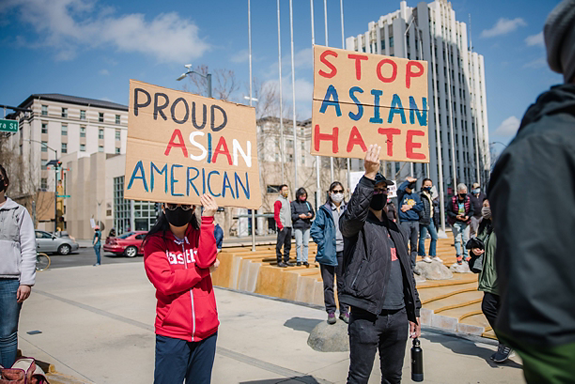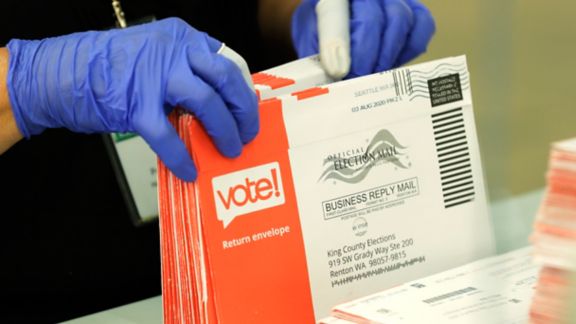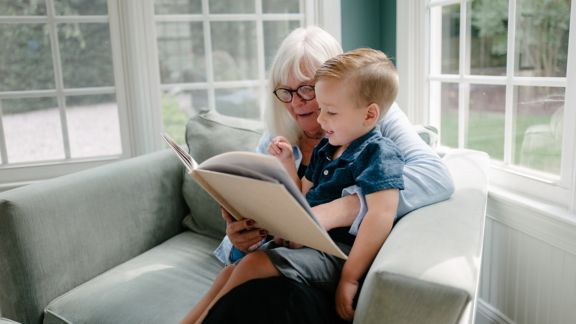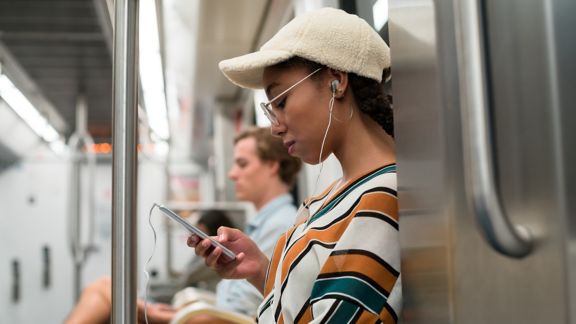Stop AAPI Hate Civil Rights Study

Problem
What’s the impact of discrimination on Asian Americans and Pacific Islanders and how do they respond?
Government agencies and advocacy organizations have documented a dramatic rise in hate incidents and discrimination against Asian Americans and Pacific Islanders since the start of the COVID-19 pandemic. But few actually report discrimination and existing research into Asian Americans and Pacific Islanders, discrimination, and civil rights is limited, and much of it focuses on Asian Americans and not Pacific Islanders.
Consequently, we know very little about how Asian Americans and Pacific Islanders experience hate and discrimination, how discrimination impacts their daily lives, and what steps Asian Americans and Pacific Islanders take to respond to discrimination. We also know very little about what these communities say they need to protect and enforce their civil rights.
Solution
A nationally representative sample of AAPI reveals new insights.
For this innovative study, NORC provided a representative sample of 1,203 Asian Americans and 128 Pacific Islanders aged 18 and over with substantive questions on experiences with discrimination, how unfair treatment impacted their lives, and how they responded to the unfair treatment. The study also sought to understand how Asian Americans and Pacific Islanders think about experiences of hate, civil rights violations, how to handle them, and the remedies available. Pacific Islanders were sampled at a higher rate than their proportion of the population to support analyses of this community. Online interviews were also conducted in English, Chinese Traditional, Chinese Simplified, Vietnamese, and Korean to ensure representativeness.
Result
Half of Asian Americans and Pacific Islanders experienced discrimination.
The survey finds nearly half of people from Asian American and Pacific Islander communities have faced discrimination or unfair treatment. The consequences can be stark—half of those who faced discrimination reported negative effects on their mental health, 45 percent said discrimination changed their sense of belonging and roughly a quarter said their experience strained close relationships. Yet only one in five reported the violation and a majority of those who reported said the process was difficult.
The report also found a majority wanted to know more about their rights and trust community groups serving Asian Americans and Pacific Islanders and civil rights agencies as places to report and learn more. About seven in ten believed new civil rights laws are needed to reduce discrimination against Asian Americans and Pacific Islanders.
Related Tags
Project Leads
-
Vadim Volos
Vice PresidentPrincipal Investigator -
Bruce Barr
Senior Manager, Business DevelopmentProject Director -
Lisa Lee
Principal Research MethodologistChief Methodologist









